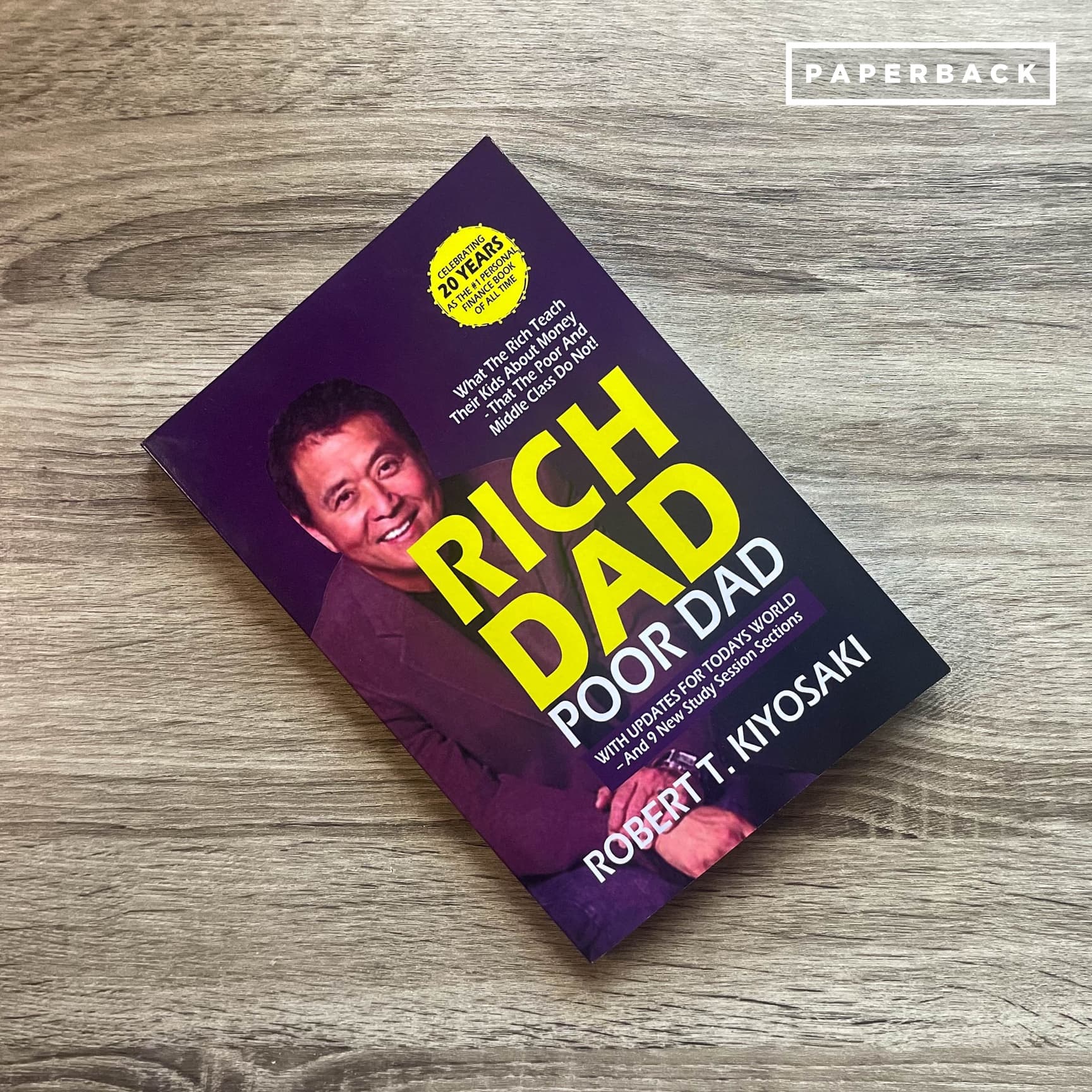Words have the power to shape our thoughts, feelings, and behaviors. They can build us up or tear us down. They can create connection or distance. They can inspire or discourage. They can empower or disempower.
The way we use words can have a profound impact on our lives and the lives of others. When we choose our words carefully, we can improve our communication, build stronger relationships, and make a difference.
In this blog, we explore the power of words through a series of profound quotes from the book "Word Wise: Say What You Mean, Deepen Your Connections, and Get to the Point" by Will Jelbert.

Image from the wires
1. "The words we use shape how we think, feel, and behave."
This insightful quote underscores the powerful role that language plays in shaping our internal world and external actions. Our choice of words is a window into our thoughts and emotions, but it goes beyond mere reflection.
Language actively molds our perceptions and influences how we interact with the world. The words we select act as the building blocks of our reality, constructing the lens through which we view ourselves, others, and our experiences. This recognition prompts us to be more mindful of the words we use, as they can shape our very being and guide our behaviors.
2. "The more precise our language, the clearer our thinking."
This quote illuminates the connection between precision in language and clarity of thought. When we strive for precision in our expression, we perform a distillation process, extracting the essence of our ideas. This distilled clarity brings a more profound understanding of the concepts we communicate.
Precision acts as a filter, sieving out unnecessary noise and ensuring our message is conveyed without the haze of ambiguity. By using precise language, we construct a bridge of understanding between ourselves and others, enabling our thoughts to be transmitted with minimal distortion. In a world where information overload is common, the quest for precision becomes paramount for effectively communicating complex ideas and fostering meaningful connections.
3. "The more concise our language, the more powerful our communication."
This principle highlights the dynamic relationship between brevity and communication's potency. Conciseness serves as a catalyst, intensifying the effectiveness of our message. When we deliberately trim away unnecessary words, we distill our communication to its essence. This refined expression not only captures attention but also resonates more deeply with the recipients.
By cutting through excess verbiage, we create a concentrated delivery that demands engagement, making each word carry greater weight and impact. Conciseness doesn't merely condense; it amplifies, turning a message into a focused laser beam that pierces through distractions and leaves a lasting imprint.
4. "The more vivid our language, the more memorable our message."
Vivid language acts as a canvas on which our words paint intricate mental pictures. By using expressive and evocative language, we imbue our message with sensory details that enrich the listener's experience. When listeners can visualize the concepts we convey, they engage more deeply and vividly with the content.
This immersive quality makes the message stand out in their memory, creating a lasting imprint that goes beyond the words themselves. Vivid language transforms communication into a vibrant tapestry, where each word contributes to a larger and more memorable mosaic.
5. "The more inclusive our language, the more connected we feel."
Inclusivity in language is the bridge that connects diverse perspectives. When we use words that encompass a range of experiences and identities, we foster an environment of understanding and unity. Inclusive language recognizes the richness of human diversity, allowing individuals from different backgrounds to see themselves reflected and valued in the discourse.
This fosters a sense of belonging and shared experience, promoting empathy and shared understanding. By acknowledging and embracing the multiplicity of voices, inclusive language lays the foundation for deeper connections and meaningful conversations that transcend barriers.
6. "The more respectful our language, the more likely we are to be heard."
Respectful language is a beacon that commands attention. When we communicate with consideration and regard for others, our words become an invitation for open dialogue. Respectful language acknowledges the dignity and worth of the listener, creating an atmosphere of mutual respect.
This paves the way for receptive and engaged communication, where both parties are more likely to actively listen and respond constructively. By practicing respectful communication, we create a space where diverse viewpoints can coexist harmoniously, enhancing the potential for productive conversations and meaningful connections.
7. "The more honest our language, the more trustworthy we are."
Honesty in language is the cornerstone of trust. When we communicate truthfully and transparently, even when addressing uncomfortable topics, we establish a foundation of credibility. Honest language reassures others that our words are genuine reflections of our thoughts and intentions.
This authenticity builds rapport and reliability, as our consistency in being forthright cultivates a reputation for trustworthiness. By choosing honest language, we prioritize the integrity of our interactions, fortifying the bonds of trust that underpin meaningful relationships and effective communication.
8. "The more courageous our language, the more change we can make."
Courageous language becomes the catalyst for transformation. When we express audacious ideas and advocate for change, we inspire others to break free from conventional boundaries. Courageous language challenges the status quo, sparking conversations that drive progress and innovation.
By daring to articulate novel perspectives and advocate for necessary shifts, we mobilize action and create pathways for meaningful change. In a world where change often requires bold steps, courageous language becomes a force that propels society forward.
9. "The more playful our language, the more joy we can bring."
Playful language infuses communication with a sense of delight and lightness. When we interject humor, creativity, and playfulness into our words, we uplift the atmosphere of interaction. Playful language creates an enjoyable exchange that resonates beyond the immediate conversation, leaving a positive and lasting impression.
This light-hearted approach fosters a sense of camaraderie and connection, making conversations more engaging and memorable. By embracing the joy that playful language brings, we enrich our interactions and create spaces where laughter and positive emotions thrive.
10. "The more compassionate our language, the more love we can share."
Compassionate language extends a bridge of empathy and understanding. When we communicate with kindness and consideration, we create an environment where individuals feel seen and heard. Compassionate language acknowledges emotions, concerns, and experiences, fostering connections that are grounded in care and empathy.
By choosing words that express genuine concern and understanding, we cultivate an atmosphere where love and empathy can flourish. Compassionate language becomes a conduit for deeper relationships, enabling us to share not only thoughts and ideas but also the warmth of human connection and support.






















